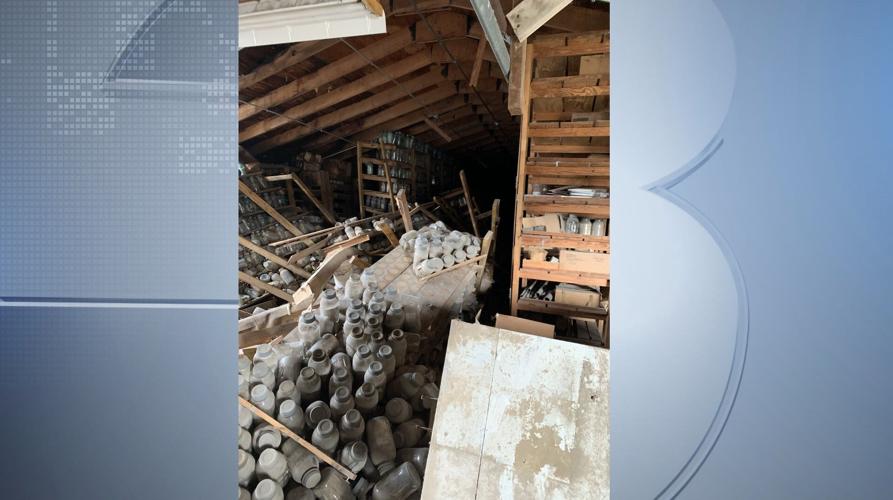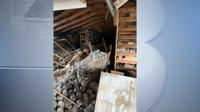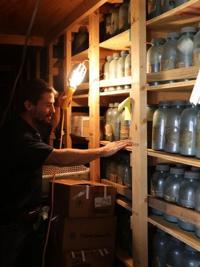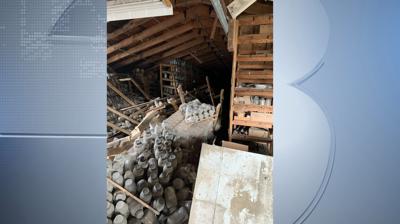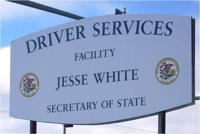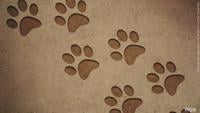CHAMPAIGN, IL -- University of Illinois scientists are looking for property owners from all over Illinois after hundreds of soil samples were discovered dating back as far as the 1800's.
A release from the College of Agricultural, Consumer and Environmental Sciences (ACES) said an old barn was scheduled for demolition. Once soil scientist Andrew Margenot heard about the demolition, he wanted to check out the scene for himself.

Inside the barn they discovered there were hundreds of jars filled with soil samples from across the state of Illinois.
In fact, there were 450 soil samples from locations throughout the state, spanning 21 million crop acres in Illinois, ACES stated.
The soil samples date as far back as 1862.
Margenot is an assistant professor with the 聽and is part of the University of Illinois .
The release stated that few long-term soil archives exceed 40 years. These discovered soil samples however, represents "the oldest soil archive in the world".
They digitized more than 8,000 samples, an effort taking three years to complete.聽
Of the 450 sampling locations, nearly 100 of them are in the .
These include locations in Alexander, Franklin, Gallatin, Jackson, Jefferson, Johnson, Perry, Pope, Pulaski, Randolph, Saline, Union, and Williamson Counties.
Now, they are looking to resample the soil in these locations and are looking to find the current Illinois property owners.
"We want to resample the same locations to identify how soils have changed over time in Illinois. This would yield unprecedented insight into our state's soil resource base and enable improvements in soil fertility management and conservation, including much-needed updates to the Illinois Agronomy Handbook," Margenot says.
Property owners simply look up the , click on the location and click on the signup link and follow from there.
The research team will arrive with soil probes to collect the samples with a 1.5 diameter probe in the soil reaching a depth of about three feet.
"The goal in the next few years is a public-facing database for researchers, landowners, or other stakeholders to access," Margenot notes.
Data collected is said to benefit farmers, engineers, and municipal planners. The release said the samples collected may have interesting stories to tell about erosion patterns, climate change, and sustainability as well.
"We have a unique opportunity to understand our soils in Illinois that, frankly, no other part of the world will ever have,鈥� Margenot says. "But we need people's help to make this happen.鈥�
While sign-links are located on the samples site, you may also reach Margenot by phone at 217-300-7059 or email margenot@illinois.edu.

